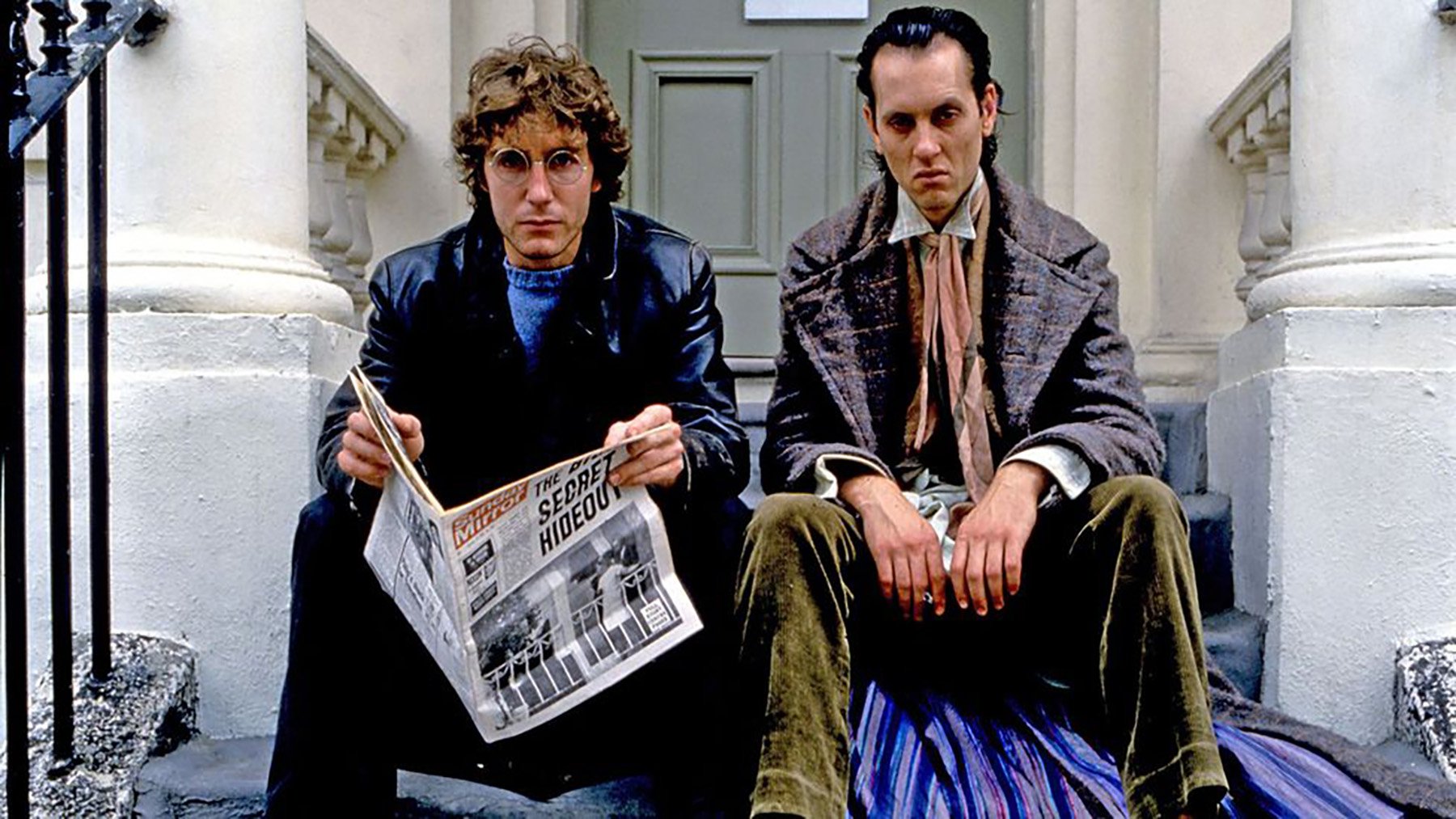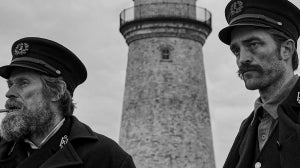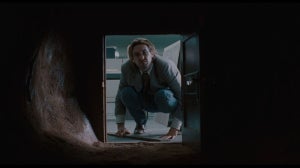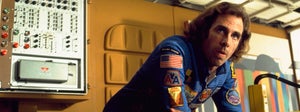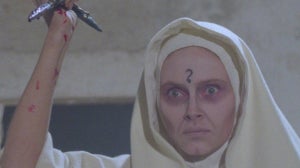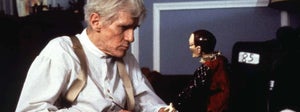
A look back at Bruce Robinson’s cult comic masterpiece Withnail and I (1987) and how Richard E Grant’s famous character must take his place among the cross-eyed collection of sozzled cinematic anti-heroes.
“I must have some booze. I demand to have some booze.” As mantras go it’s not quite up there with the sort of stuff uttered by the Dalai Lama, but it does the job. Spat out by the eponymous Withnail (Richard Grant), one of the screen’s most incendiary drunks, the line, like dozens of other highly quotable phrases from the film, has become the rallying cry for hordes of semi-alcoholic, cult film fans everywhere. Withnail and I (1987), written and directed by Bruce Robinson is less a movie and more a rites of passage ceremony for a certain type of misfit adult. If you haven’t seen it at least fifty times by the time you’re twenty-five then you’ll probably never really fit into the gang.
Telling the debauched story of two out of work actors who manage to go ‘…on holiday by mistake’ when they make use of a dismal country shack in the middle of nowhere, Withnail and I is a hilarious and at times poignant piece of cinema denoting the anti-climactic end of the peace and love generation. “London is a country coming down from its trip. We are 91 days from the end of this decade and there's going to be a lot of refugees.” Aside from its two protagonists, Marwood/I (Paul McGann) and Withnail, it also provides us with a veritable freak show of supporting characters like the abrasive poacher Jake (Michael Elphick) “I’ll put this ‘ere black Podger on you”, overweight paederast and vegetable enthusiast Uncle Monty (Richard Griffiths) I think the carrot infinitely more fascinating than the geranium.” And of course, the dead-eyed junkie Danny “I don't advise a haircut, man. All hairdressers are in the employment of the government.”
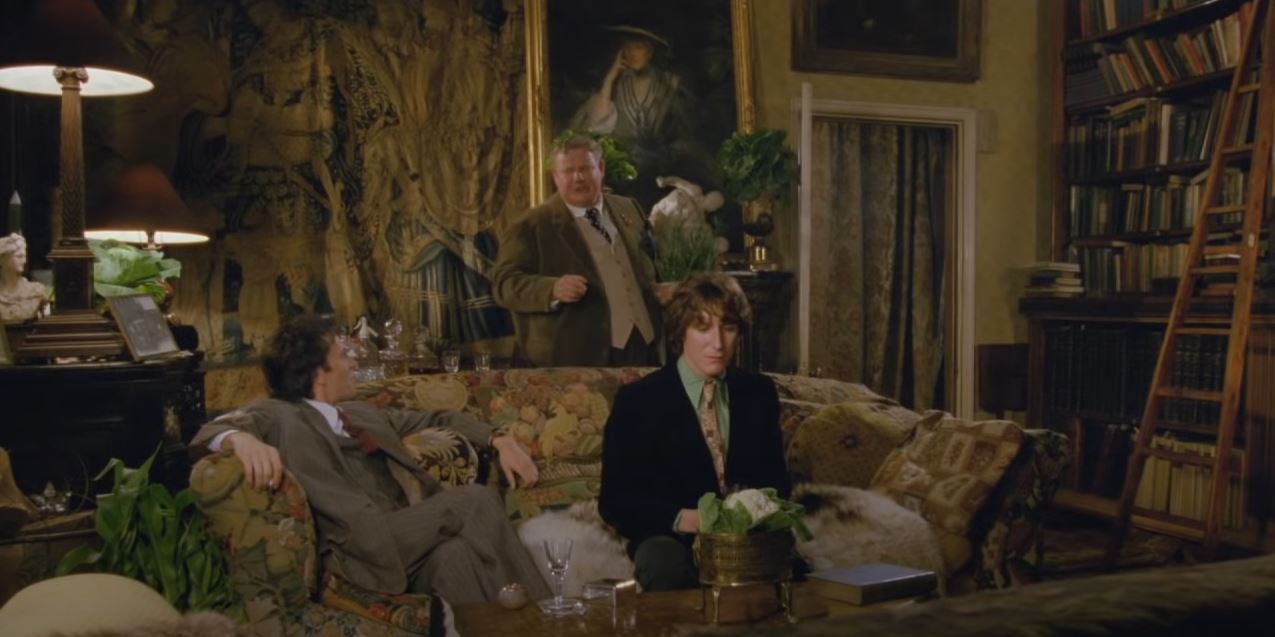
Apart from the laughs, the fabulous dialogue and the countryside misadventures the pair navigate their way through including fishing with a twelve bore and “narrowly avoiding a buggering”, it is the film’s emotional drive which sees us through to the end. The two have a fractious, complicated yet extremely close relationship which is in danger of falling apart forever as one of them gets a sniff of success while the other sinks into obscurity. But essentially Robinson’s production, partly bankrolled by George Harrison’s Handmade Films, is a sharply written study of a lost age.
Mainly filmed on location in London and Penrith, it drips with post-war decay and dank design, peeling wallpaper and shitty coloured carpets form a malignant mise-en-scene which hangs about the edges of every word and action. “Thirteen million Londoners have to wake up to this, and murder and All-Bran and rape?” Though filmed in the eighties, its choice of settings gives it an authentic unaltered feel, as though it might have been made at the same time as all those gnarly Amicus horrors of the early seventies. But at the centre of the grubby world we are being presented with is Withnail, the explosive and eccentric anti-freeze connoisseur.
Estranged from his aristocratic family, aside from his insane and more than a little predatory uncle Monty, Withnail has not only cocked up his place within the confines of the elite landed gentry but also failed miserably at acting, his escape route of choice. Now locked in the nether world of being neither truly poor nor truly rich, he resides in a bitter twilight of booze-addled frustration, always teetering on the edge of non-success or the next round of ciders. But he sits well alongside a host of other such screen alkies who reside somewhere in the piss-stained hall of fame.

Released the same year as Withnail, Barfly (1987), loosely based on the experiences of everyone’s fave whisky-drenched philosopher Charles Bukowski (Chuck also turned in the screenplay), it stars Mickey Rourke as dishevelled factotum saloon dweller, Henry. He runs errands for free shots and occasionally gets drawn into full-on scraps with the other drunks, he is both intelligent and pathetic, uncouth and highly complex. Essentially a romantic bruiser with a talent for words, his misanthrope personality brings him into the firing line of ‘Distressed goddess’ Wanda (Faye Dunaway). Of course, their dysfunctional relationship is doomed from the start, both seemingly unable to fall in love with anything not poured from the bottle. But while both Withnail and Henry might have drunk themselves under the table during the Thatcher/Reagan era (who wouldn’t) it seems appropriate that their most likely drinking buddies existed within the McCarthy years, the natural precursor to the 80s, which produced a host of half-cut champs.
Not only did Dean Martin provide us with one of the best deadbeat winos in Howard Hawks’ cowboy film Rio Bravo (1959), lovingly lampooned by Mel Brooks and Gene Wilder in Blazing Saddles (1974), but earlier, Ray Milland had staggered his way through polite society as tragic lush Don Birnam in Billy Wilder’s bleak construct Lost Weekend (1954). Yet if those two reprobates would complement Withnail’s less than charming line in selfishness, deviousness and overpowering sense of entitlement, “I'm good looking. I tell you, I've a fuck sight more talent than half the rubbish that gets on television. Why can't I get on television?”, then his natural opposite in the world of gin palace politics, is Elwood P Dowd.
Played by James Stewart, in Henry Coster’s whimsically clever Harvey (1950), Dowd offers us no sense of bitterness or reproach, instead, his cocktail addled brain creates a harmless fantasy world where his best friend is Harvey, an invisible six-foot-tall rabbit. Full of kindness and watery-eyed perspectives ‘Years ago my mother used to say to me…”In this world Elwood you can be oh so smart or oh so pleasant.” Well, for years I was smart. I recommend pleasant.’ His simple manifesto becomes the backbone to a story whose comic nature often camouflages its devastatingly beautiful message of tolerance and understanding.

But though Withnail, deliciously bought to life by Richard E Grant appears to be a malevolent twisted mirroring of Elwood’s humanity, he is also not afraid to reach into the depths of his soul to betray his more secretive reflections even if he has to disguise them as an impromptu performance of Hamlet “What a piece of work is a man, how noble in reason, how infinite in faculties, how like an angel in apprehension, how like a God! The beauty of the world, paragon of animals; and yet to me, what is this quintessence of dusk. Man delights not me, no, nor women neither, nor women neither."
Withnail and I is simply one of the best British films ever released, witty, intelligent and laugh out loud funny. Yet more importantly the film’s titular non-hero, provides us with a fascinating study of human fallibility. Though from a fictional point of view he may exist within the death throes of the sixties and was factually born out of the turbulent eighties, he remains a significantly handy metaphor for the last few years of the 21st century, for what better symbol can there be to represent the failings of our system than Withnail – an arrogant posh-boy, selfishly drinking and partying his way through one crisis point after another?
https://www.youtube.com/watch?v=d9Z0DV33gAY

